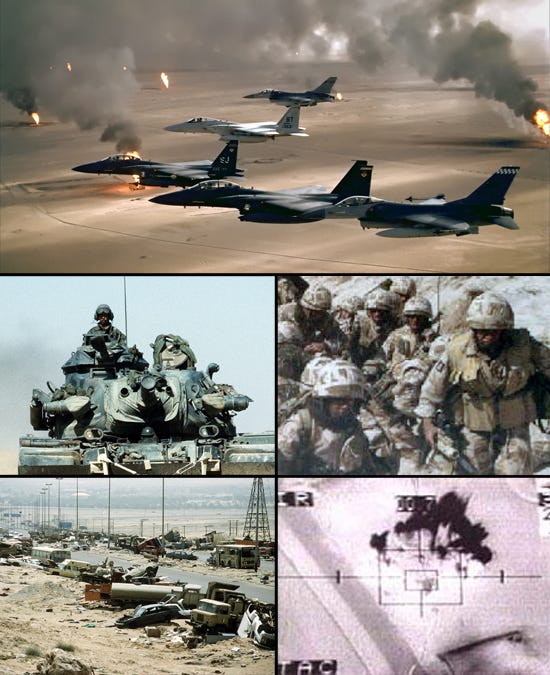Charlie Munger said that inflation could be the way democracies die (25 Apr 2023)
The world operates with the 3Fs, namely Food, Fuel (Energy) & Finance. A crisis in any of the 3Fs can be a major challenge to the country. As we have experienced from the recent Ukraine conflict, one such war can bring much trouble to the rest as we live in an interconnected world.
Could the next war be over food & fuel?
List of biggest net exporters of food and energy
Here are the 10 countries that were the biggest net exporters of food and energy in 2020, according to data from the Observatory of Economic Complexity:
- Saudi Arabia
- Russia
- United States
- Australia
- Canada
- Brazil
- Netherlands
- United Arab Emirates
- Norway
- Indonesia
With the world being power-hungry, these countries stand to gain long-term. Will we be able to transition to more sustainable energy instead of fossil fuel?
Let us look out for envious neighbours. Referencing Iraq and Kuwait, some of the wars historically have been started due to greed & envy over resources.
Wars & Conflicts Linked to Energy and food resources
- Here are some examples of wars and conflicts that have been linked to energy and food resources:
- Gulf War (1990-1991): Iraq invaded Kuwait, partially due to a dispute over oil resources.
- Syrian Civil War (2011-present): The conflict began as a result of political unrest and economic grievances, including droughts and food shortages exacerbated by climate change.
- Second Congo War (1998-2003): The conflict was fueled in part by the control and exploitation of natural resources, including minerals used in electronics and infrastructure.
- War in Darfur (2003-2008): The conflict in Darfur, Sudan was fueled in part by competition for fertile land and water resources between farmers and pastoralists.
- Falklands War (1982): Argentina invaded the Falkland Islands, partially due to a desire to control the fishing and oil resources in the region.
- Libyan Civil War (2011-2014): The conflict began as a result of political unrest, but also involved control over oil resources.
- South Sudan Civil War (2013-2018): The conflict was fueled in part by competition for control over oil resources.
(Most of the research above is done by ChatGPT.)
From the wars listed above, there are also a number of civil wars that arose due to the fight over resources.
Citing examples from the Roman Republic to Adolf Hitler to Latin America, Mr Charlie Munger said, “Inflation is a very serious subject, you could argue it is the way democracies die.”Source: https://sg.finance.yahoo.com/video/inflation-democracies-die-charlie-munger-205848064.html
Strikes of recent times
Here are some examples of countries that have seen significant strikes or labor disputes in the past year:
United States: Strikes by healthcare workers, warehouse workers, and public school teachers have taken place in various parts of the country in the past year.
United Kingdom: Workers in sectors such as transportation, education, and healthcare have gone on strike in the past year, often in response to proposed changes to pensions, pay, and working conditions.
France: There have been numerous strikes in France in the past year, including by transportation workers, teachers, and healthcare workers.
India: Farmers and labor unions have organized large-scale strikes and protests in response to proposed agricultural reforms and labor laws.
Colombia: Protests and strikes have taken place in response to proposed tax reforms and economic inequality.
South Africa: Healthcare workers and municipal workers have gone on strike in response to low wages and poor working conditions.
Conclusion
The world is heading into a tough time with rumours of recession circling the various markets. In some countries, their citizens have turned to strikes in response to worsening living conditions. Could envious neighbours turn aggressive towards prosperous ones? If we can share, it is possible for humans to avoid poverty, hunger and enjoy a decent life.
Let us spend within our means, avoid leverage and invest with what we can afford to lose. If we have the means, let us make time and resources for charity.


Comments
Post a Comment